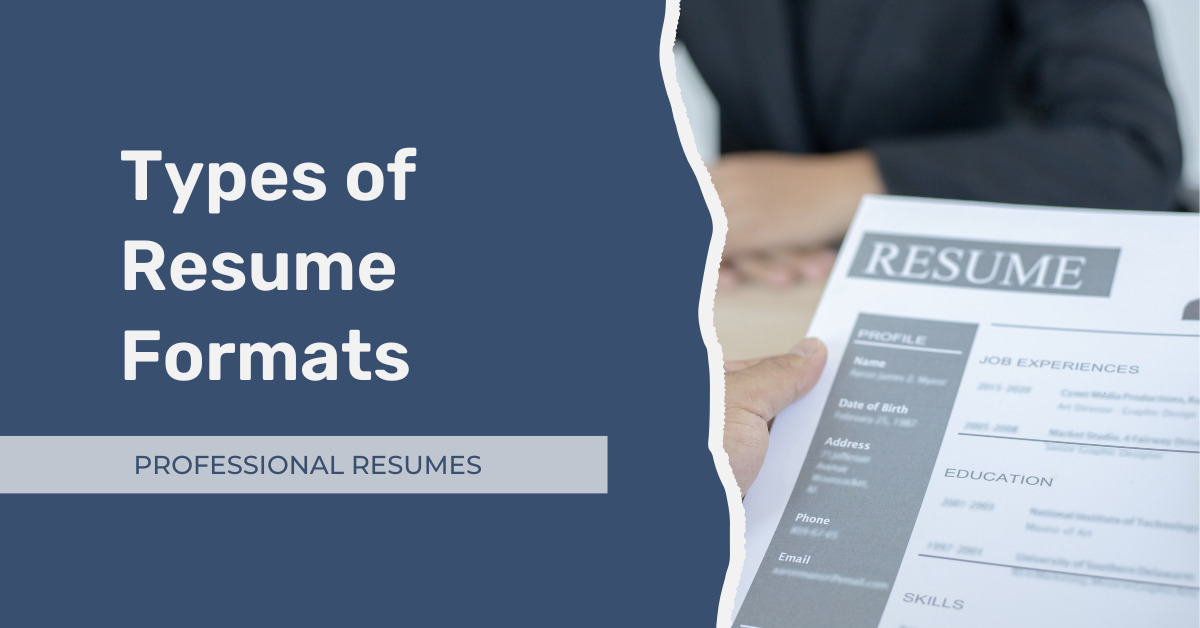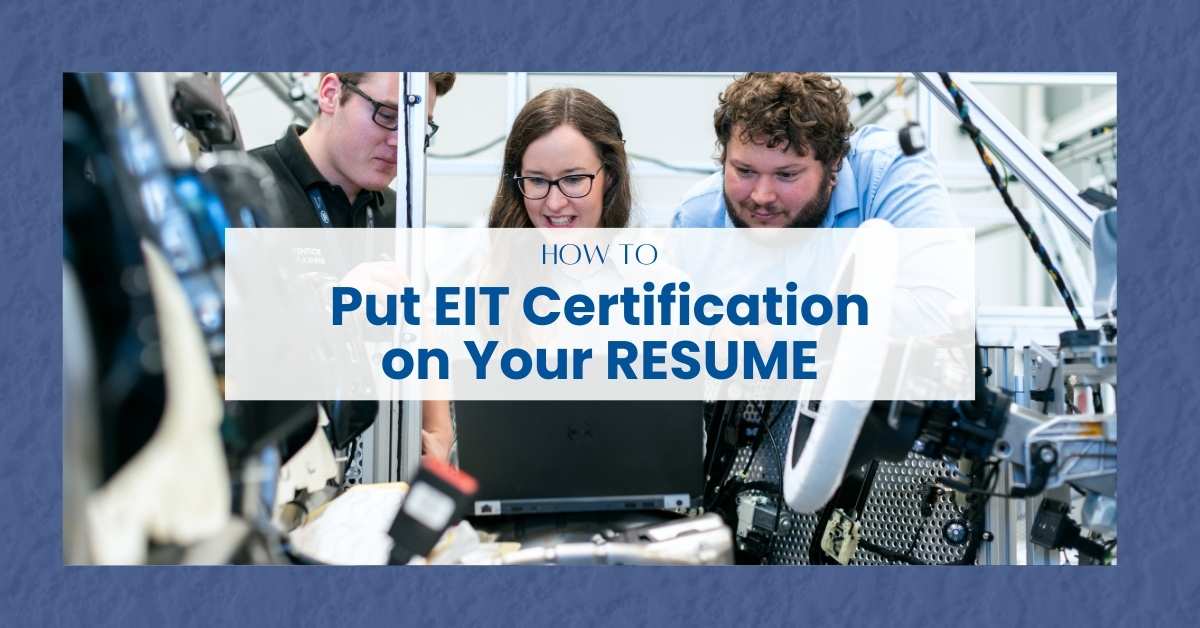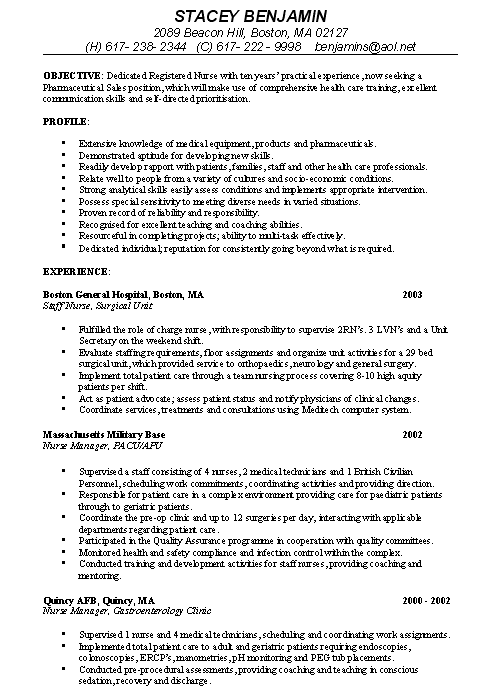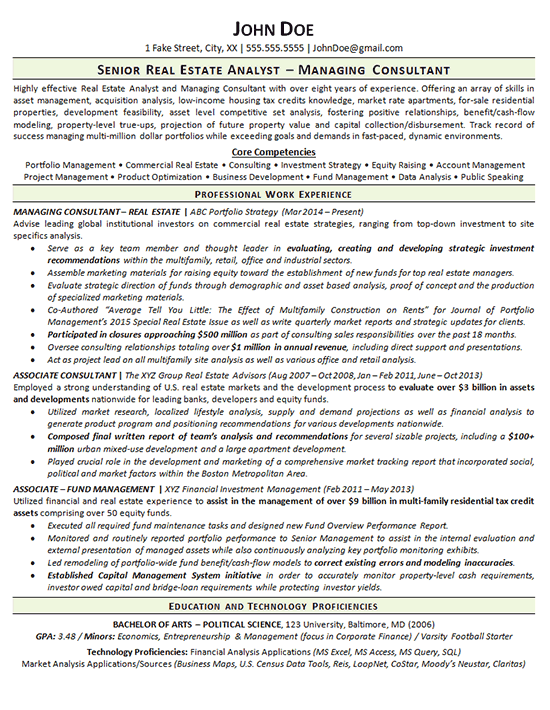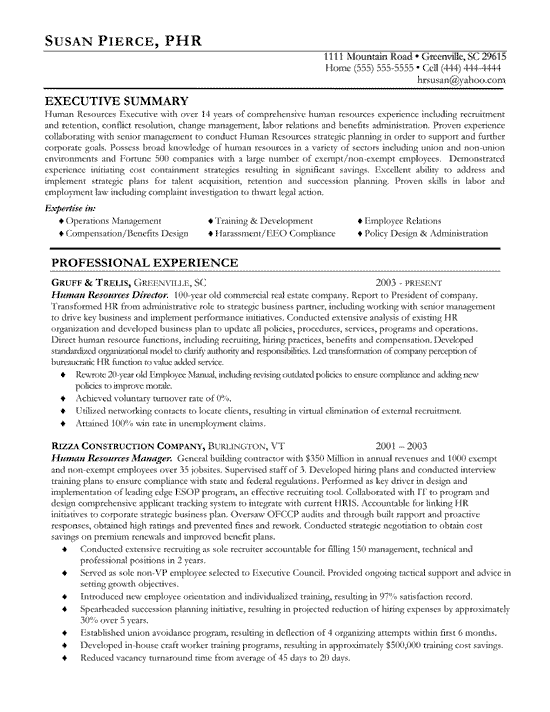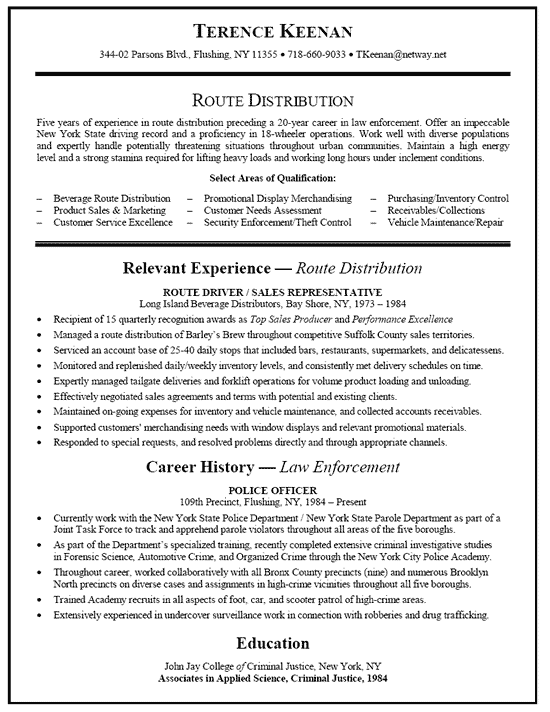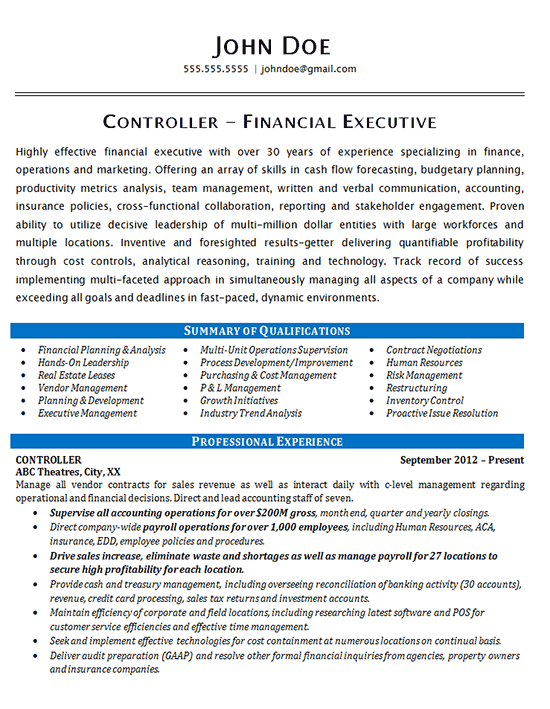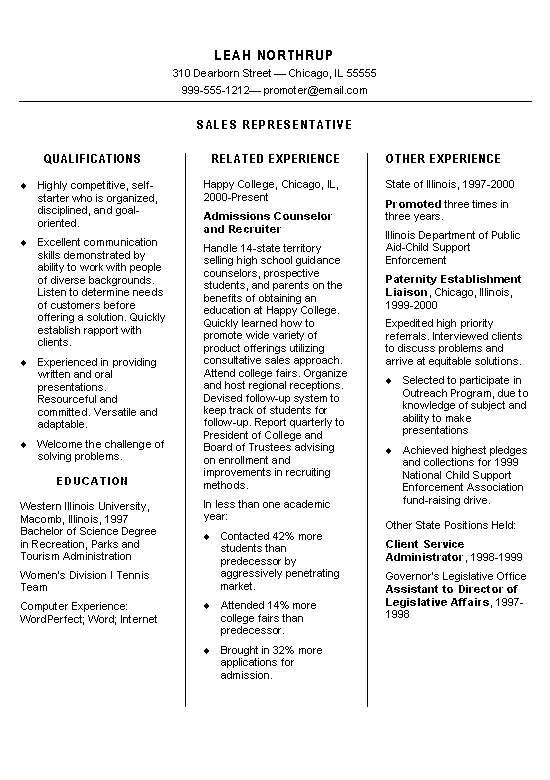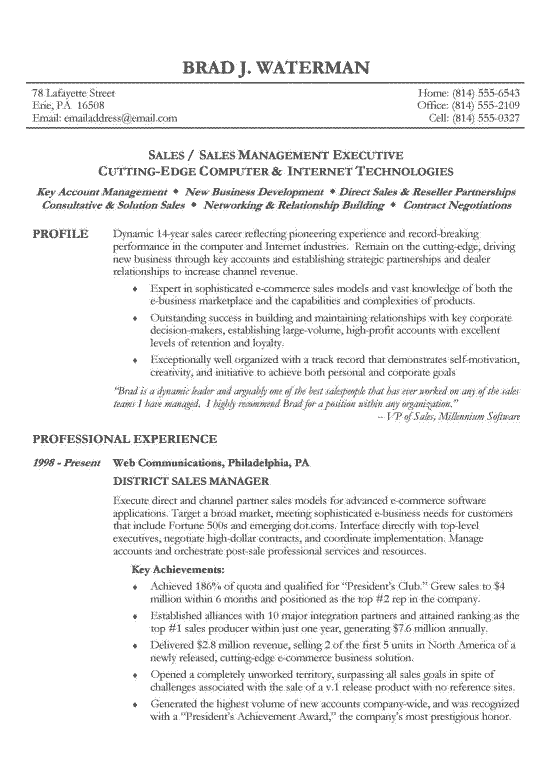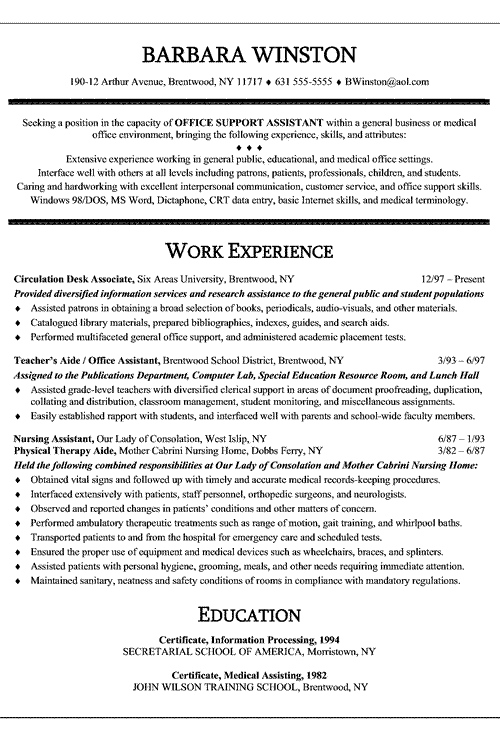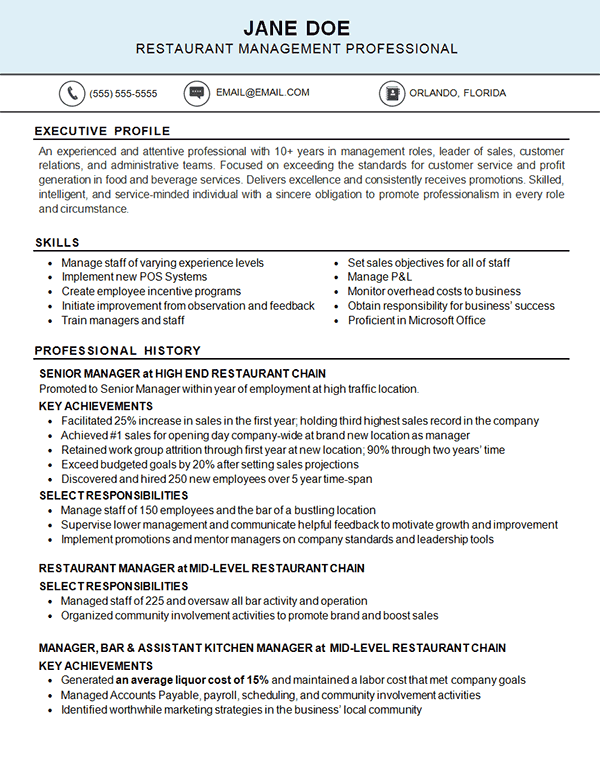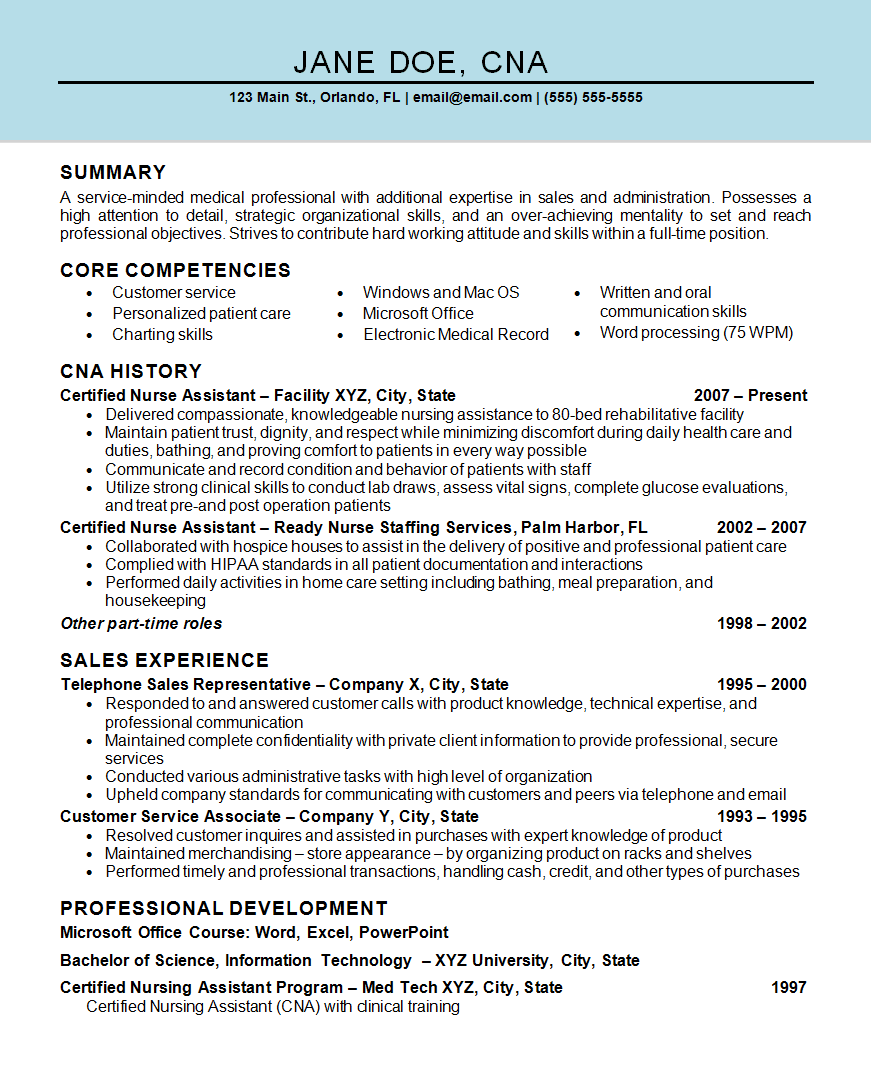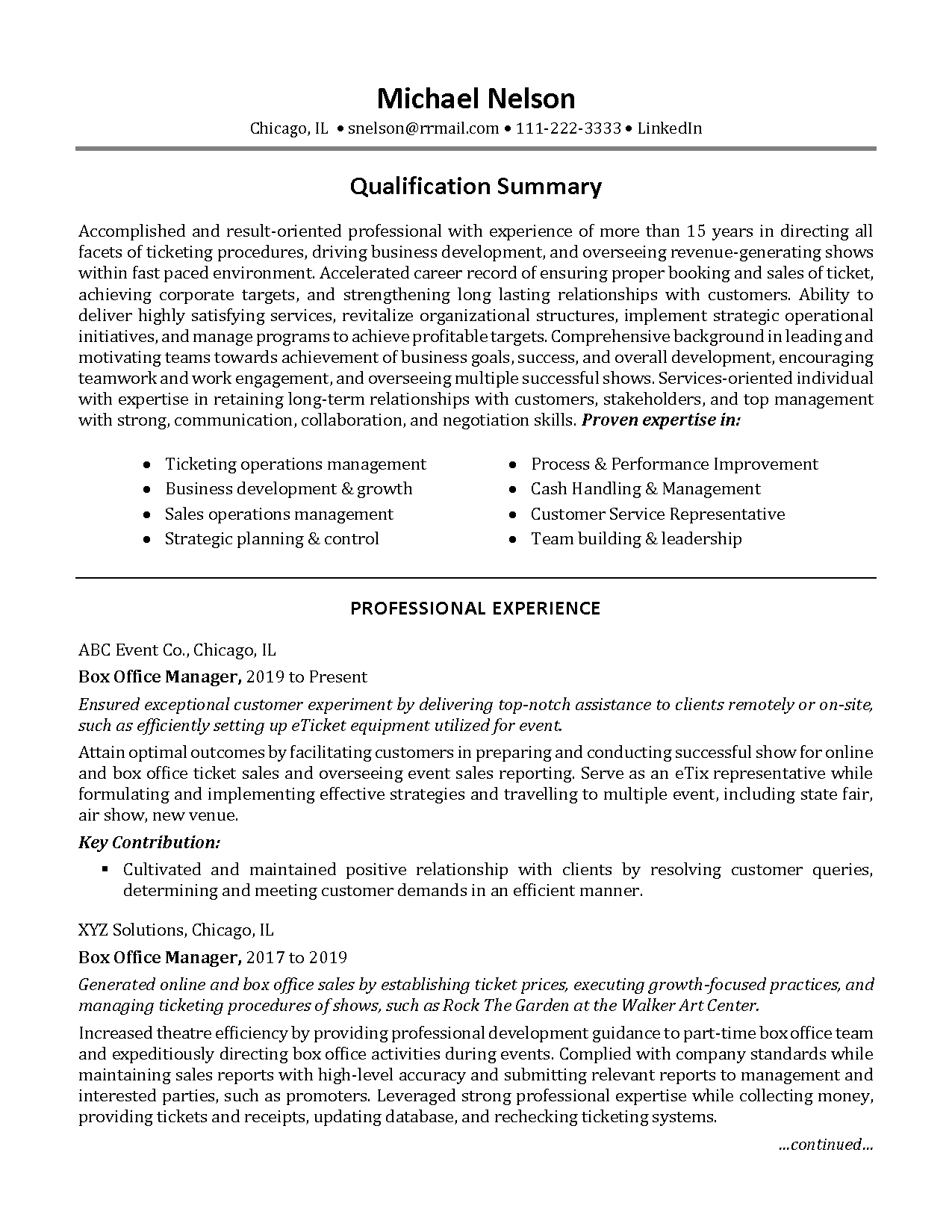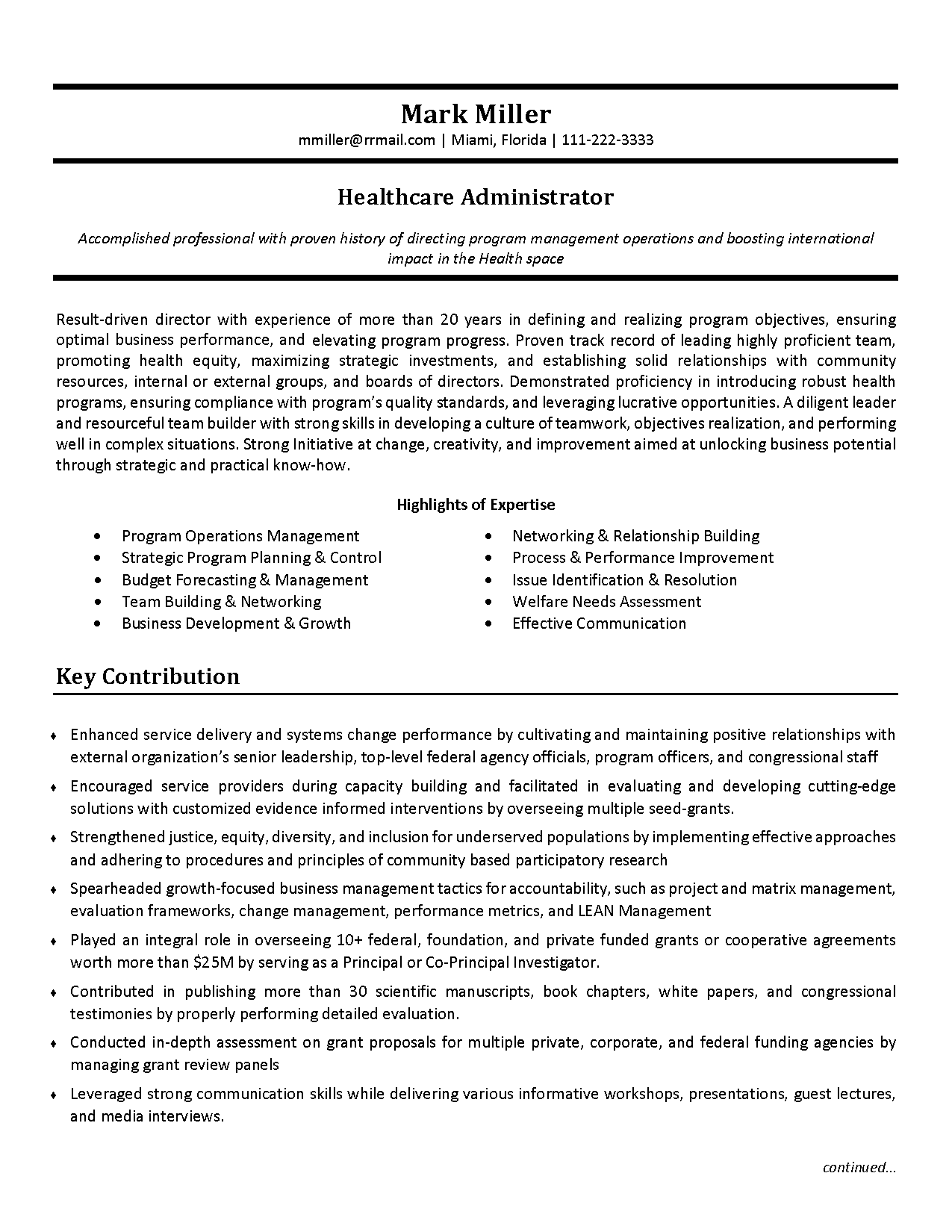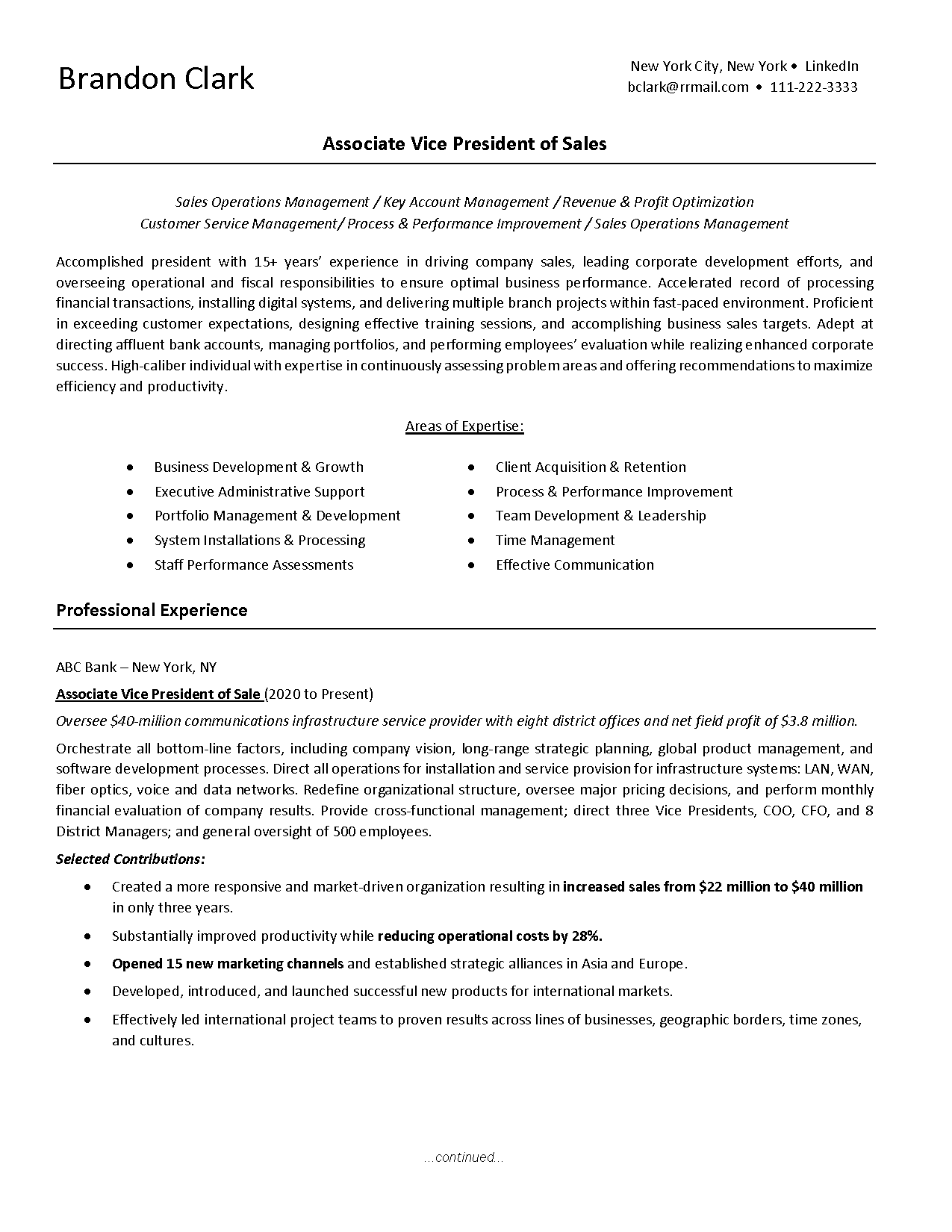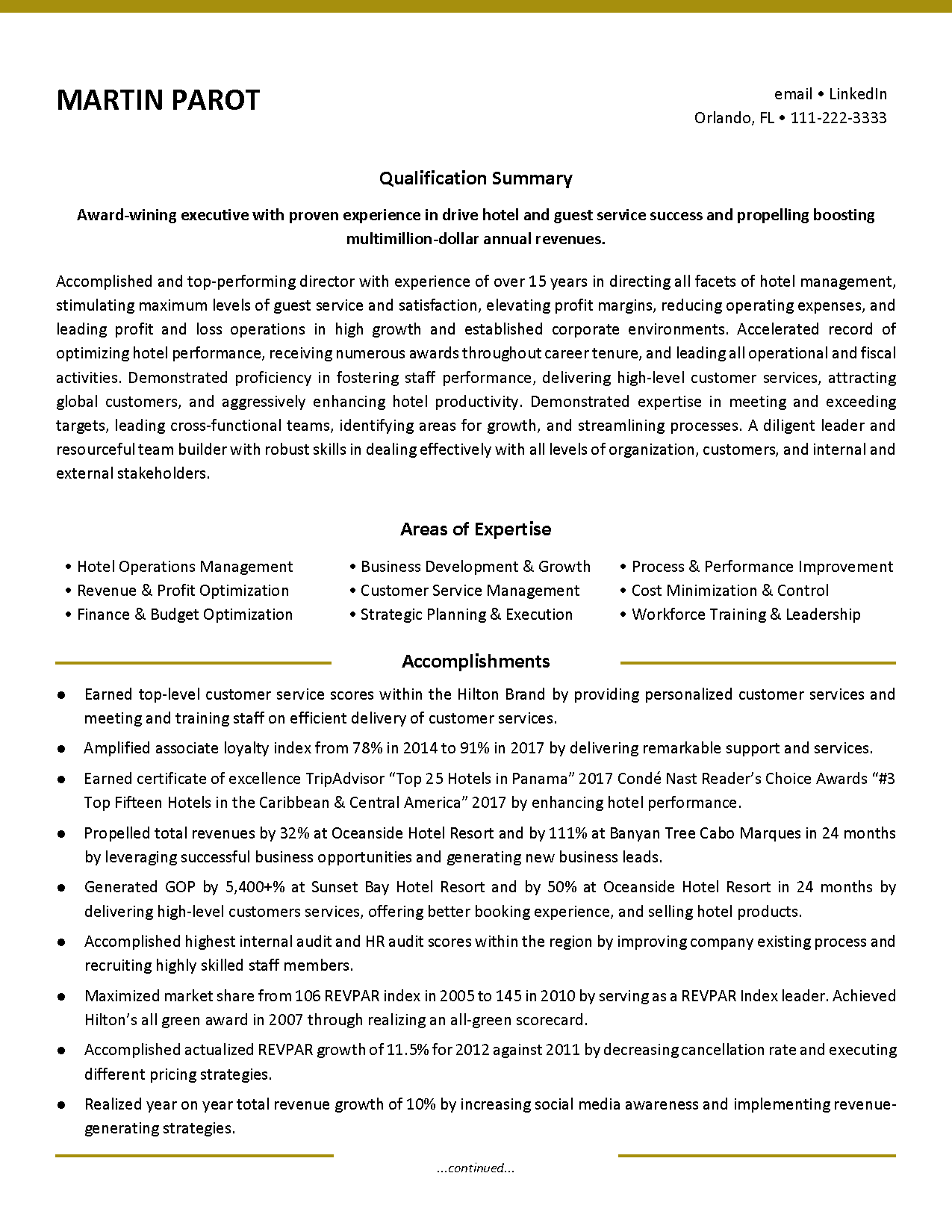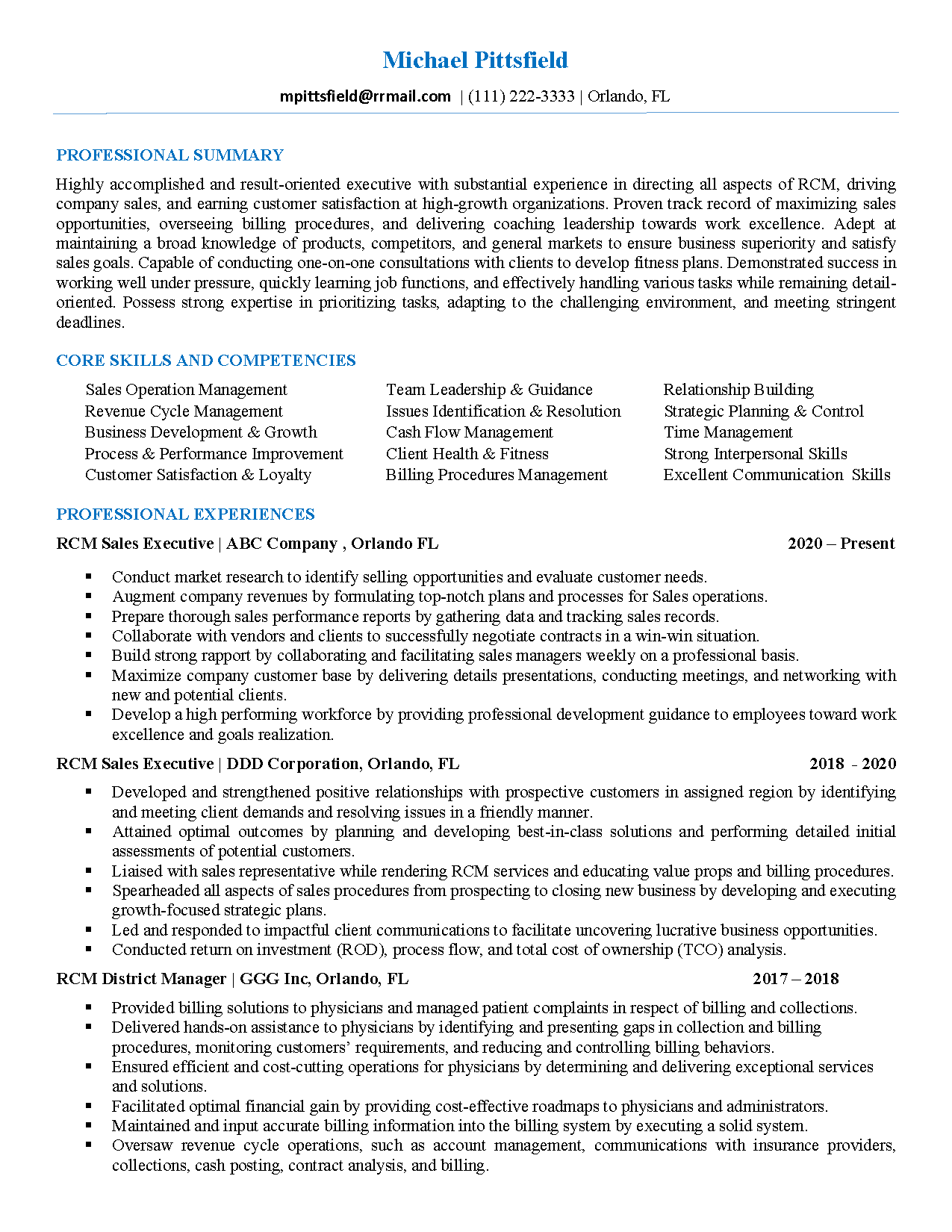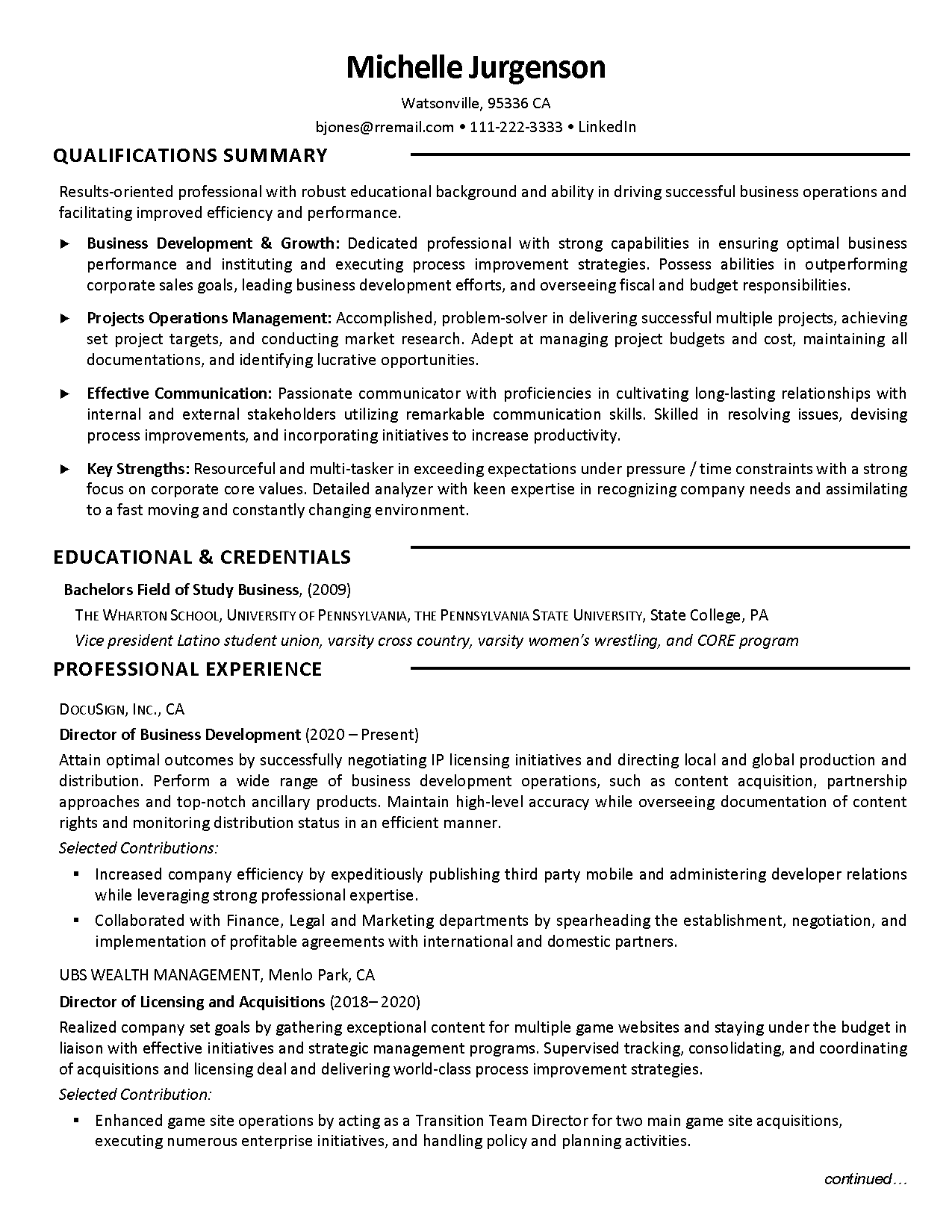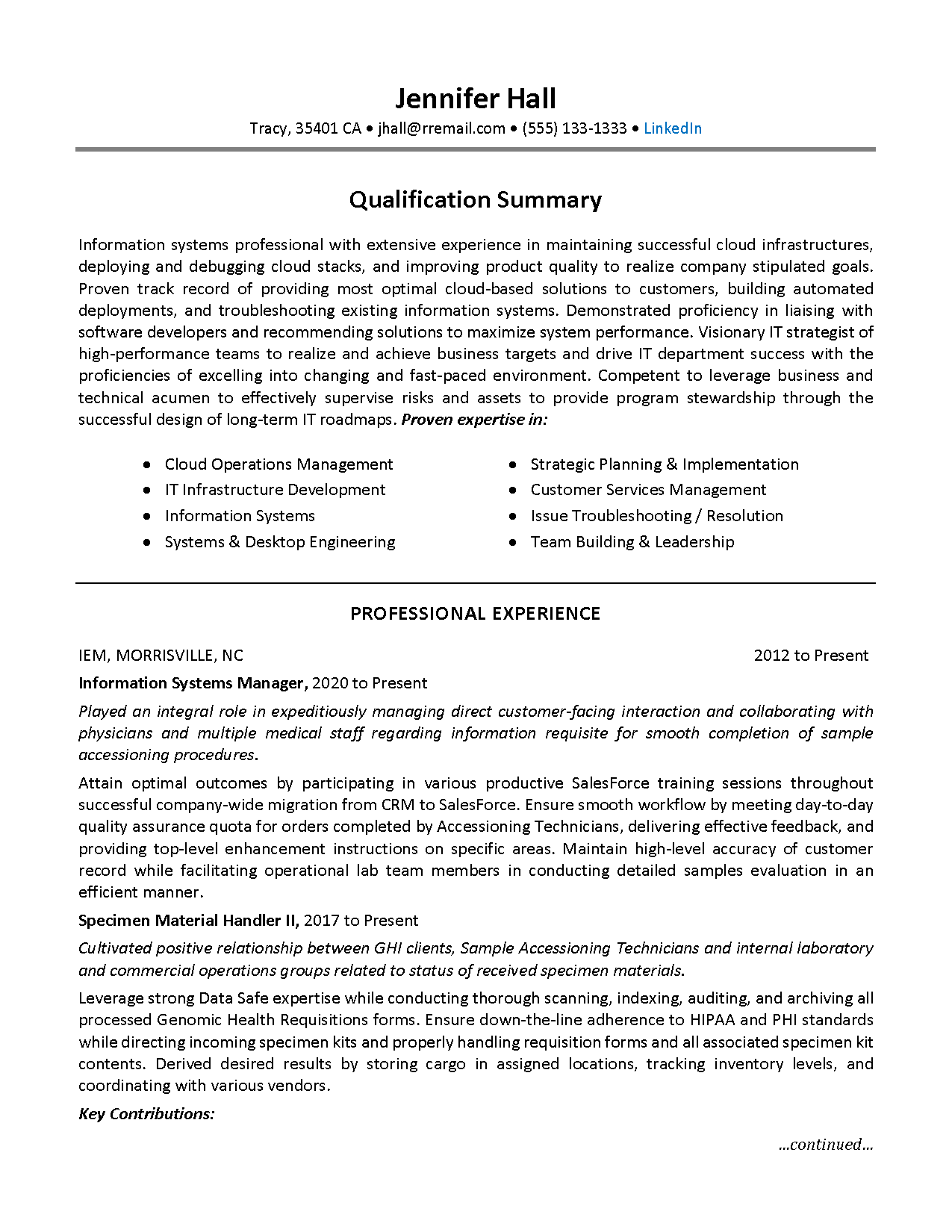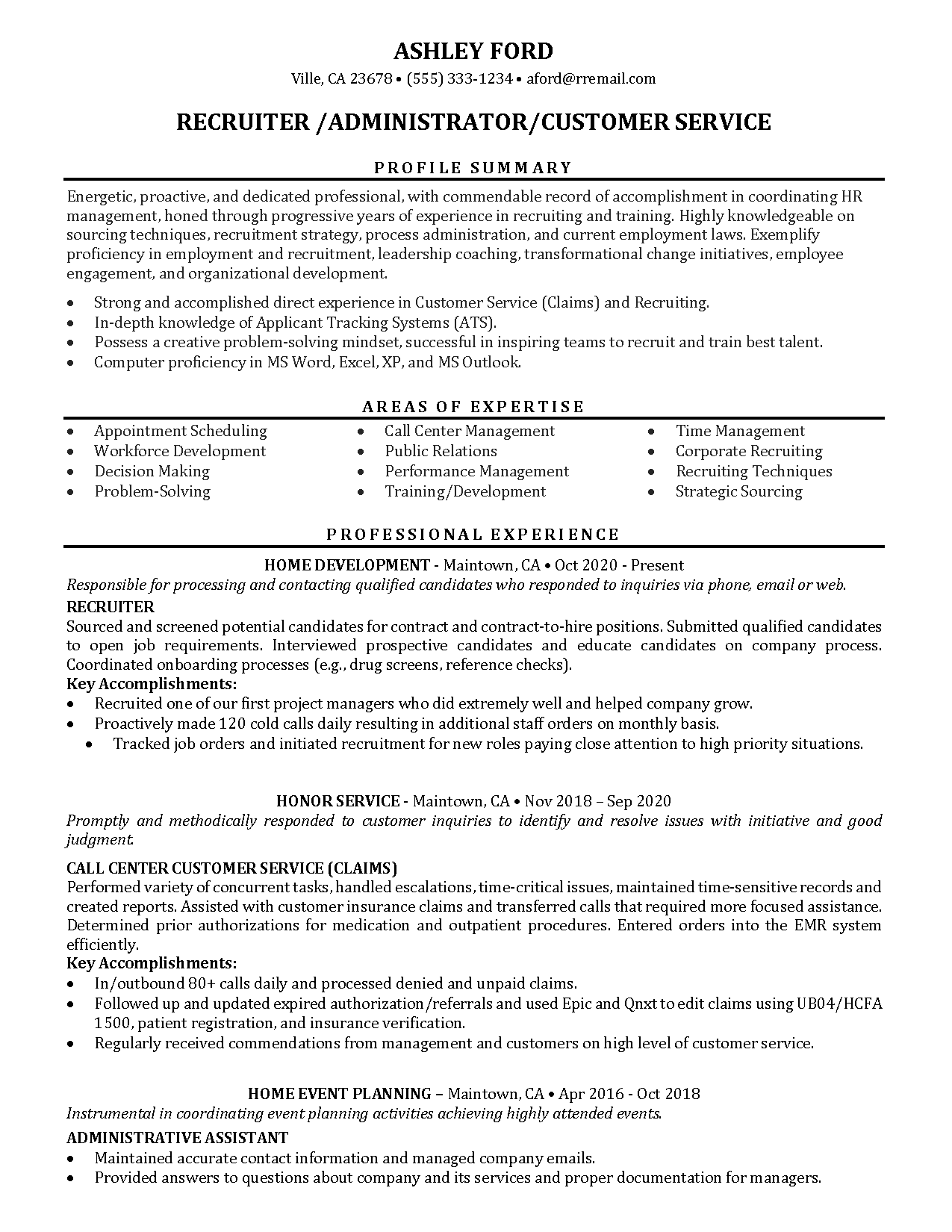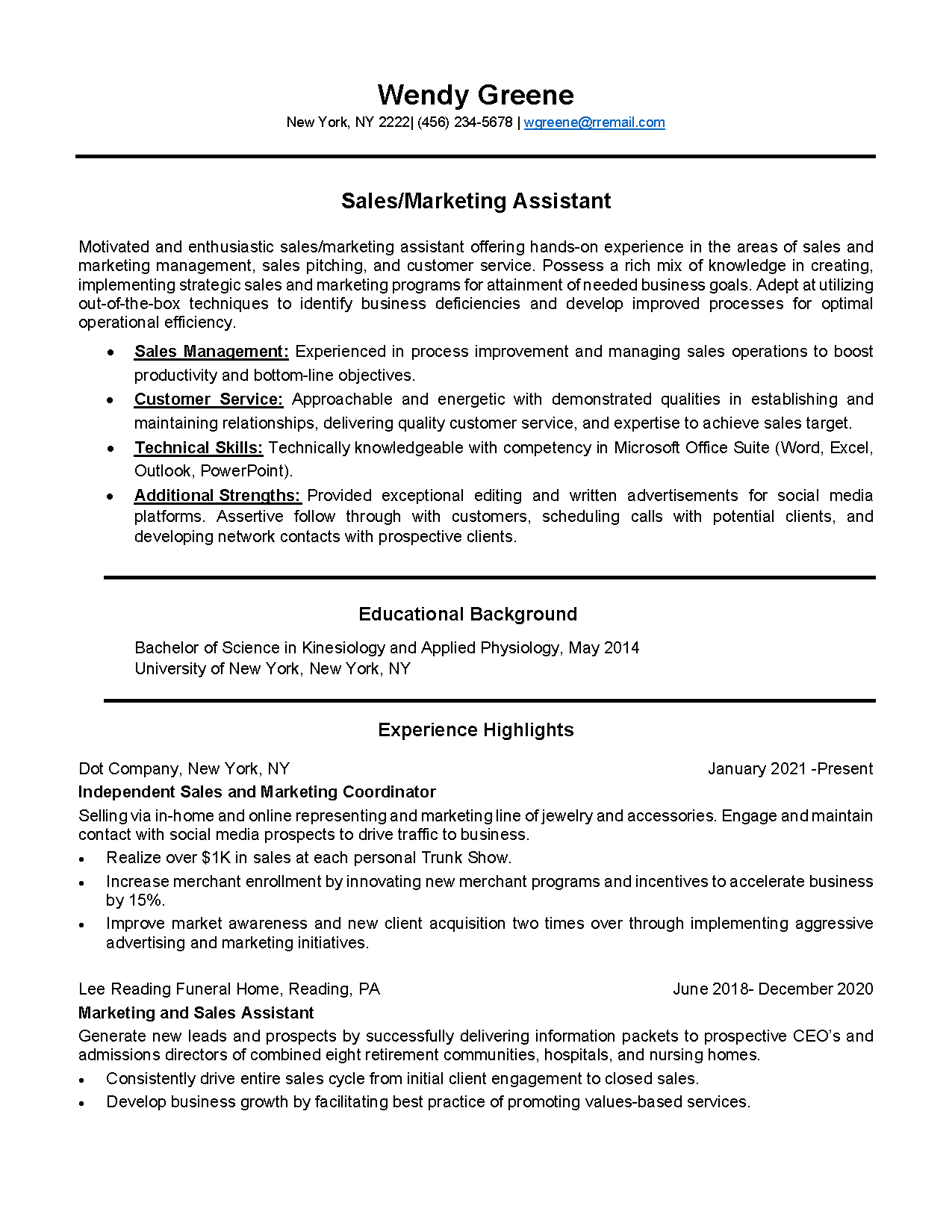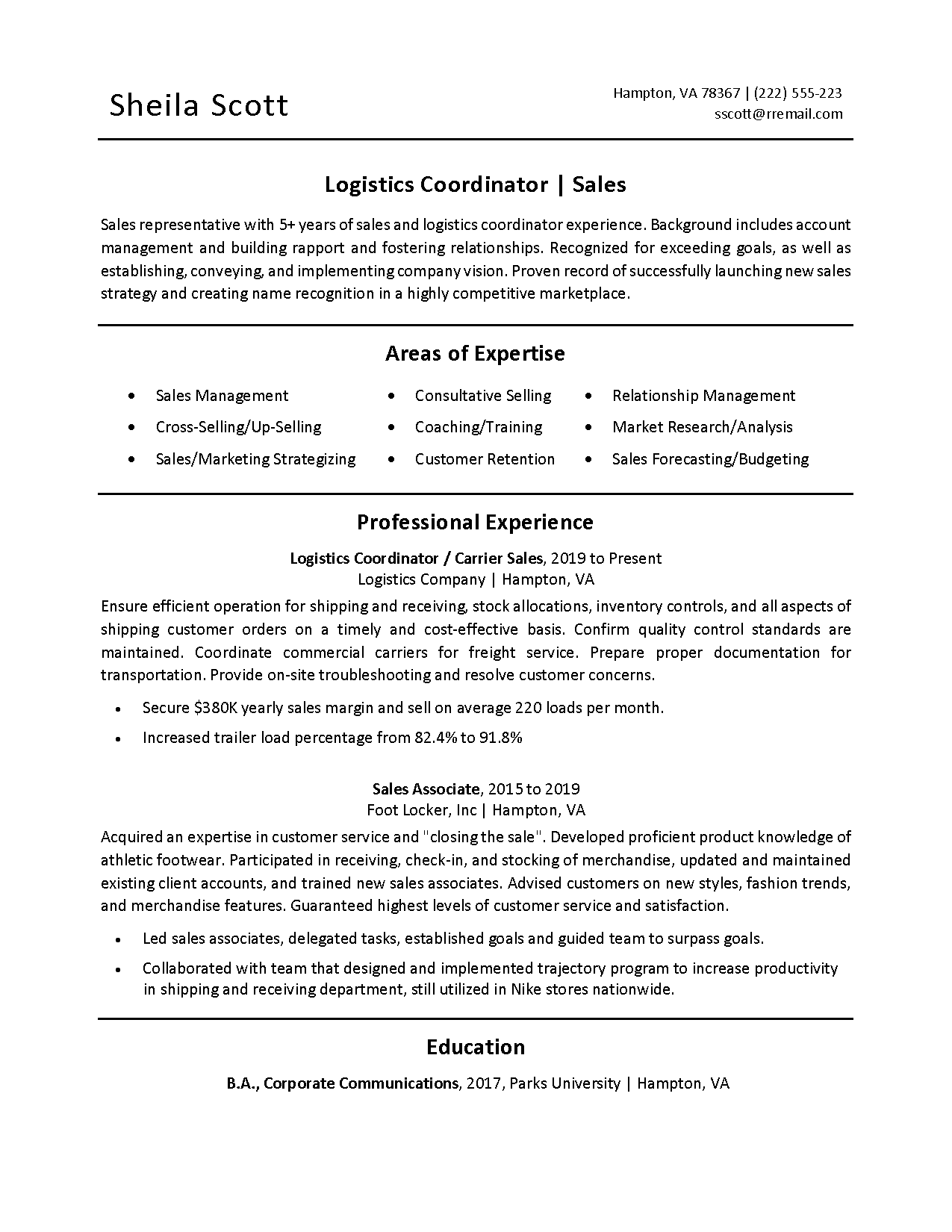
Using an Executive Summary on Your Resume
In the not-so-distant past, the resume objective section was widely used. The resume objective, simply put, is a 2-3 line statement summarizing the goals you have set for yourself and the position you seek.
Many experts in the field feel that a section on resume objectives may be omitted. They suggest the use other useful information instead. A resume objective focuses on your personal goals, which often reads like a wish statement – in most cases, in complete disregard of what the employers want to know and expect to get from you. For this reason, more and more job seekers are using the executive summary instead of a resume objective section.
Resume Objective vs. Executive Summary
Resume objectives can be construed as being self-centric. For example, “Seeking a position in the sales department with an opportunity for faster career advancement” focuses completely on you. It does not tell the employer anything about your past career, your strengths or what you can do for them.
- A resume objective could lead hiring managers into thinking about the specifics of your objectives ( i.e., what you want) instead of your skills and strengths.
- Resume objectives tend to be career-limiting and one-dimensional.
- A resume objective narrows down your opportunities when you are multi-skilled and qualified for more than one position.
An executive summary, on the other hand, talks about the results that you have achieved and the potential you possess which makes recruiters take notice – it also helps establish your professional identity. An executive summary presents you, in terms of your career skills, accomplishments and abilities, to the hiring manager or organization before they start reading your resume. That is why the executive summary is so important today.
Think of the executive summary as the introduction to a novel. You can read the introduction, find out the main characters and the plot before you actually start reading the novel itself. The introduction gives you the push you need to actually begin reading the book. If you like what you read in the introduction, you usually go on. It’s the same thing with the executive summary and your resume.
Why the Executive Summary Is Used Now Instead
Obviously, resumes that win interviews are simple and focused. An executive summary achieves this by saying who you are (professionally), what you have achieved and how and what you can contribute. A recent survey revealed that more than 72% of resumes that win interviews are well summarized and focused. Also, many job seekers who have changed their resume format to include the executive summary instead of an objective section have acknowledged this. Here’s why the executive summary is more often used now:
- It highlights your career skills and presents them as desired by hiring managers.
- It exhibits how you can benefit the organization by presenting your abilities and strengths as they relate to the current position that you are targeting.
- Executive summaries grab attention, permits use of descriptive verbs (such as accelerated, delivered, re-engineered and generated)
Executive summaries help recruiters decide whether to call you for an interview – and we all know that the real test of a resume is whether or not it produces interviews. So replace that objective section on your resume with a rewritten executive summary. It just might get you the results that you are looking for.

